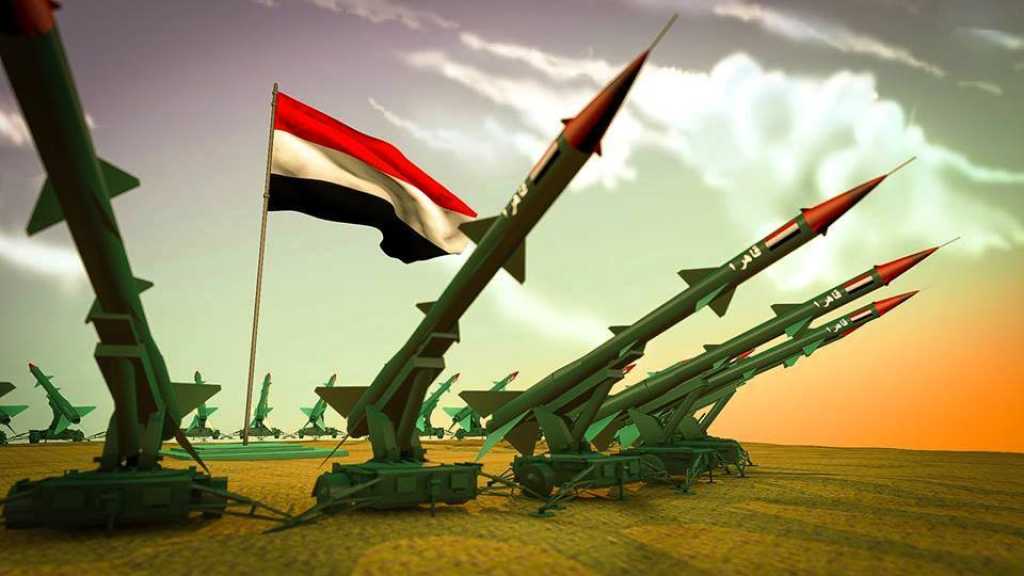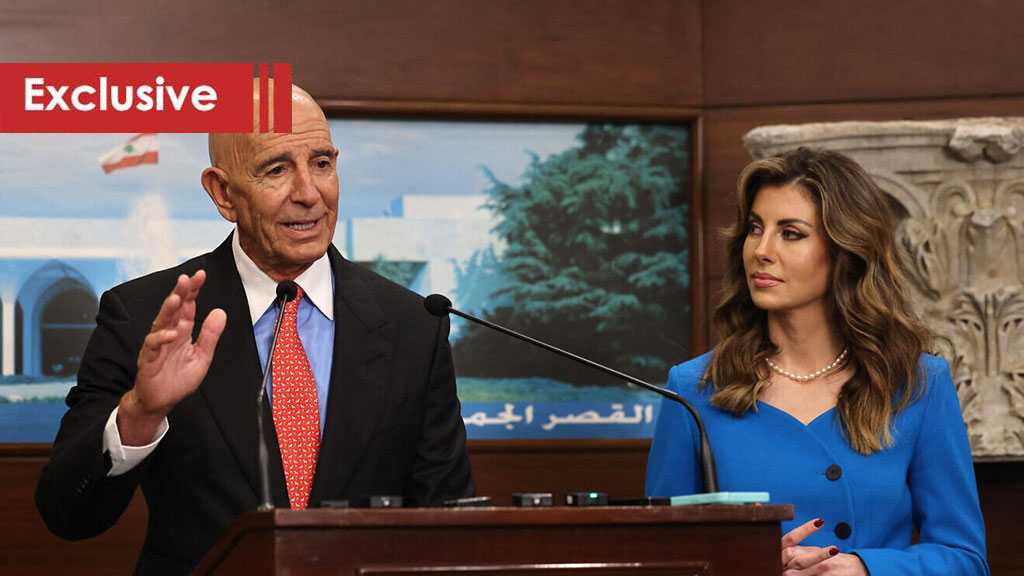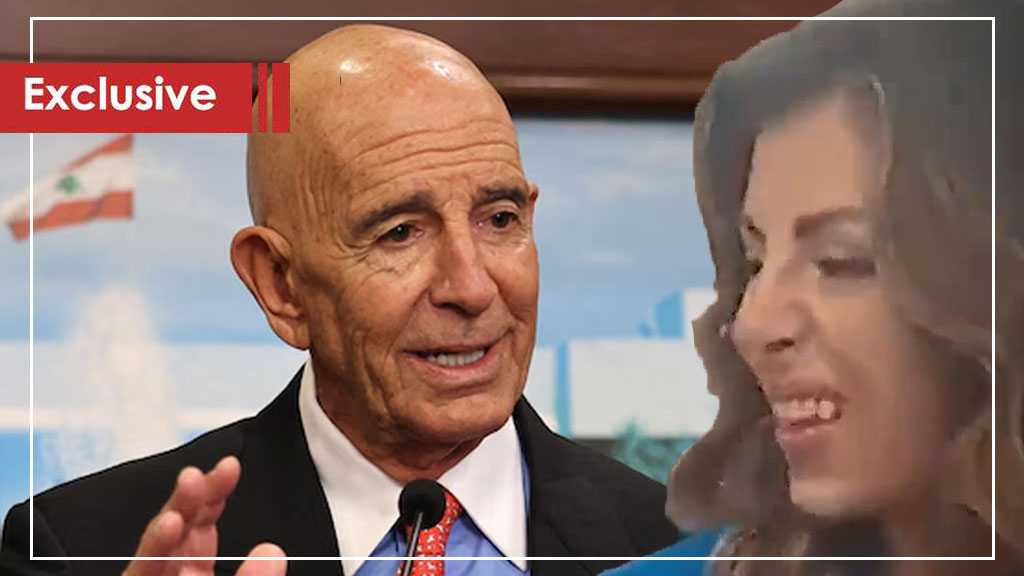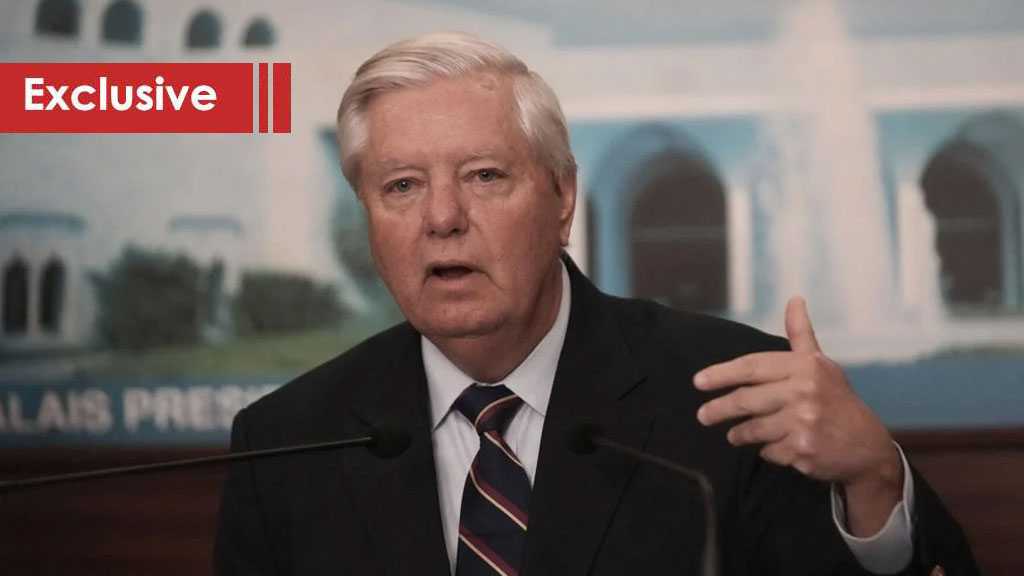A Cry in the Silence: Elias Rodriguez and the Resurgence of the Palestinian Cause

By Mohamad Hammoud
Lebanon – Elias Rodriguez stood beneath the cherry blossoms of Washington, his hand trembling as he raised a gun against two "Israeli" diplomats. His whispered chant, "Free Palestine," was less a slogan than a desperate cry against the relentless siege of Gaza, where thousands had perished amid rubble and silence. While Arab nations funneled billions into American arms and Muslim leaders issued hollow condemnations, starving Palestinians drank sewage and clung to the fading hope of resistance. Rodriguez was no soldier—just a fractured soul, trying to scream the unspeakable, caught between a world that watches and a world that forgets.
The Road to May 21, 2025
The roots of Rodriguez's actions can be traced back to October 7, 2023, after months of devastating military actions by “Israel” in Gaza. This period was marked by widespread destruction, famine caused by the blockade, and mass displacement, which significantly raised the visibility of the Palestinian Cause. International bodies, including the International Criminal Court [ICC], accused “Israeli” leaders of war crimes and crimes against humanity. At the same time, the world watched as the death toll in Gaza surpassed 53,000, the majority of whom were civilians.
As the months wore on, Rodriguez—a 30-year-old former community college student and part-time rideshare driver from Chicago with no criminal record—became haunted by the images of children massacred in Gaza. Relatives described his growing sense of powerlessness and outrage at global indifference. The psychological toll of witnessing distant suffering through screens became unbearable, and Rodriguez, like many others, found himself alienated by the failure of traditional channels to address such atrocities.
The Shooting: A Desperate Act
On the evening of May 21, 2025, outside the Lillian & Albert Small Capital Jewish Museum in Washington, D.C., Rodriguez's anguish erupted into violence. As two "Israeli" embassy staffers exited an event hosted by the American Jewish Committee, his voice rang out—"Free, free Palestine!"—just before he opened fire. He was swiftly arrested at the scene, his act a desperate attempt to awaken a world numb to Gaza's agony.
While many condemned the shooting as terrorism, it became a flashpoint for deeper conversations about protest, desperation, and political violence. Rodriguez's actions were not those of a seasoned criminal but of someone driven by moral outrage and helplessness, reflecting a growing sense of political alienation among individuals who feel their voices are ignored and their pleas for justice drowned out by geopolitical alliances.
The Resurgence of the Palestinian Cause
The conflict in Gaza reignited worldwide attention to the Palestinian plight. Pro-Palestinian protests erupted in Western cities, university campuses, and political institutions. The scale of civilian casualties and the ongoing blockade shifted public opinion, compelling governments to reconsider their previously unconditional support for "Israel."
For decades, Western powers—especially the US and key European states—had staunchly supported "Israel" both diplomatically and militarily. However, the humanitarian disaster in Gaza fractured this consensus.
By May 2025, seven European countries—Ireland, Iceland, Luxembourg, Slovenia, Malta, Spain, and Norway—jointly condemned "Israel's" actions as a "man-made humanitarian catastrophe" and demanded an immediate end to the blockade.
Western Responses: From Rhetoric to Action
Britain, Canada, and France soon threatened "concrete actions" should "Israel" fail to halt its offensive, marking a rare public challenge to Netanyahu's government. While these measures were incremental relative to the crisis's scale, they signaled a growing reluctance to ignore Palestinian suffering. Some European nations called for a ceasefire and paused arms shipments, though these gestures were often symbolic. The United States continued to provide military and diplomatic support, even as humanitarian organizations documented widespread devastation in Gaza.
Meanwhile, public opinion in the West continued to shift. Mass protests across the US, UK, France and Germany demanded accountability and an end to unconditional support for "Israel." University campuses, labor unions, and some Jewish groups voiced opposition to the siege on Gaza. Though often sidelined by policymakers, this grassroots momentum kept Palestine visible—especially among younger generations who saw the conflict through the lens of human rights.
Conclusion: A Call for Justice Without Violence
While violence against civilians—whether in Washington or Gaza—cannot be justified, Elias Rodriguez's attack reflects grievances rooted in the “Israel”-Palestine conflict, which “Israel's” massacre in Gaza has amplified. Ignoring the context in which such violence erupts overlooks the warning signs of future tragedies. Rodriguez's attack did not occur in isolation; it is a symptom of a broader political crisis in which millions feel their morals are insulted, and their pleas for justice go unanswered.
To effectively prevent further radicalization and violence, the international community must tackle the root causes of the conflict, hold violators of international law accountable, and offer hope in places where despair currently prevails. The quest for justice for Palestine cannot be postponed indefinitely without repercussions. The world is observing, and history will remember which actions were taken—and which were not.




